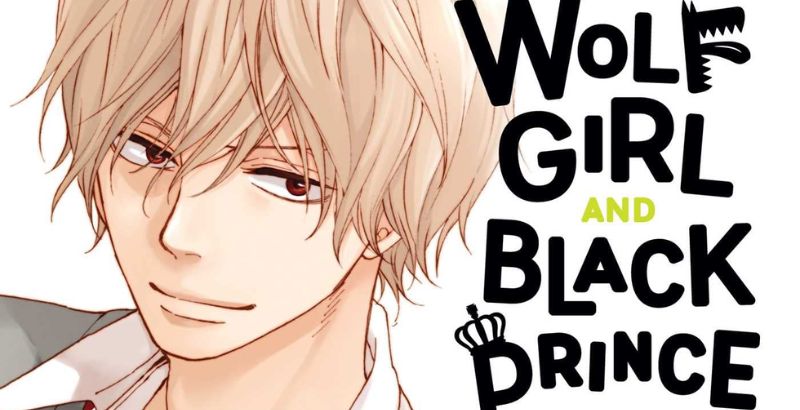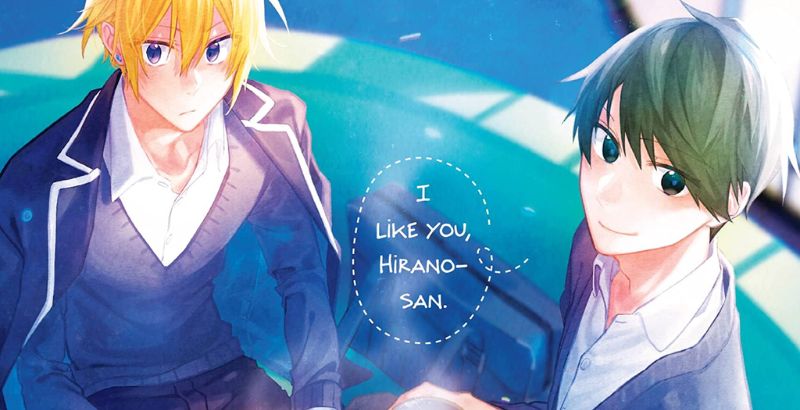
Dark Horse Manga presents Elfen Lied, the original manga series authored and illustrated by Lynn Okamoto, that also inspired the anime series. This Omnibus presents the manga in English for the first time and collects three of the four original volumes in one.
The Diclonius are a mutant species believed to be the next step in human evolution and a threat against humanity. The Diclonius have been captured and isolated against their will in a secret research facility that’s purpose is to study and limit the procreation of them in order to protect humankind from their extinction. The Diclonius appear to be very motivated to exterminate humans to make way for their species to rise to the top of the evolution chain. The main differences between the Diclonius and humans are that they have two horns on their heads, and vectors that appear to be invisible arms that they use to control objects around them.
Elfen Lied tells the story of Lucy, a young female Diclonius, who escapes the research facility she was held captive in for years. During her escape, she single-handedly leaves a trail of destruction and carnage but also suffers head trauma that goes her with memory loss and the inability to fully communicate. The head injury seems to have removed the murderous intent from her personality and leaves her with a more meek and gentle one. After escaping, she meets Kouta and Yuka, who provide her with shelter and safety. However, that puts them all in great danger as Lucy’s enemies are nearby and try to recapture her by any means necessary.
Overall, I was not impressed by Okamoto’s drawing style as the manga has a more simplistic and blunt manner. However, Elfen Lied‘s story easily held my attention the most as it progresses throughout the volume. When the story begins, it seems like Elfen Lied is it heavily focused on nudity and violence for shock value, however, as it progresses we see how those and other themes are used to add more depth to the series.
For example, the manga leans heavily on female nudity throughout the volume; it is not all done in the name of fanservice and contributes to the story. Throughout the series, there are multiple times when Lucy is nude, but I feel the context of the scenes add depth to the story like in situations where she is held captive or experimented on and stripped of her clothing. It isn’t meant to be in a sexually alluring way but rather to show how the Diclonious, especially the females, are dehumanized and treated like animal test subjects.
However, in another situation, Lucy suddenly jumps into the bathtub with Kouta, after he accidentally touched her breast earlier. She urges him to touch her breasts again, this time in a more sexual manner. I had mixed feelings about this exchange. On the one hand, Lucy is discovering what sexual pleasure is and wants to explore them more with Kouta. Having been isolated from human touch for years, it is understandable that she doesn’t completely understand what these urges and feelings mean.
On the other hand, due to her head injury, Lucy has been left in a state that has essentially infantilized her. Yes, she has the appearance of a grown young woman, and her actions seem to be consenting, but in the end, she also doesn’t know what they mean. Even Kouta, whose hand is held place by Lucy to keep groping, does not feel comfortable with the situation because on some level, even with her verbal consent, it takes advantage of her condition.
Additionally, I especially like how this series explores the theme of nature versus nurture. When the reader meets Lucy, they assume that she is just a bloodthirsty monster that seeks to wreak havoc and that she must behave this way because of her natural Diclonius instincts. However, as the story goes on, we see another side to her when she lives with Kouta and Yuka. Making the reader wonder if her behavior is a result of the lack of nurturing she received, isolation, and abuse she received while being detained in the research facility.
Overall, while Okamoto’s artistic style for the series does not draw me in, her storytelling and use of complex themes do. I look forward to seeing where the rest of this story goes and the other themes that get explored as the story progresses. I also only recommend this manga for mature audiences as it includes issues of nudity, sexual, and physical abuse.
Elfen Lied Omnibus Volume 1 is available now
Elfen Lied Omnibus
TL;DR
Overall, while Okamoto’s artistic style for the series does not draw me in, her storytelling and use of complex themes do. I look forward to seeing where the rest of this story goes and the other themes that get explored as the story progresses. I also only recommend this manga for mature audiences as it includes issues of nudity, sexual, and physical abuse.






